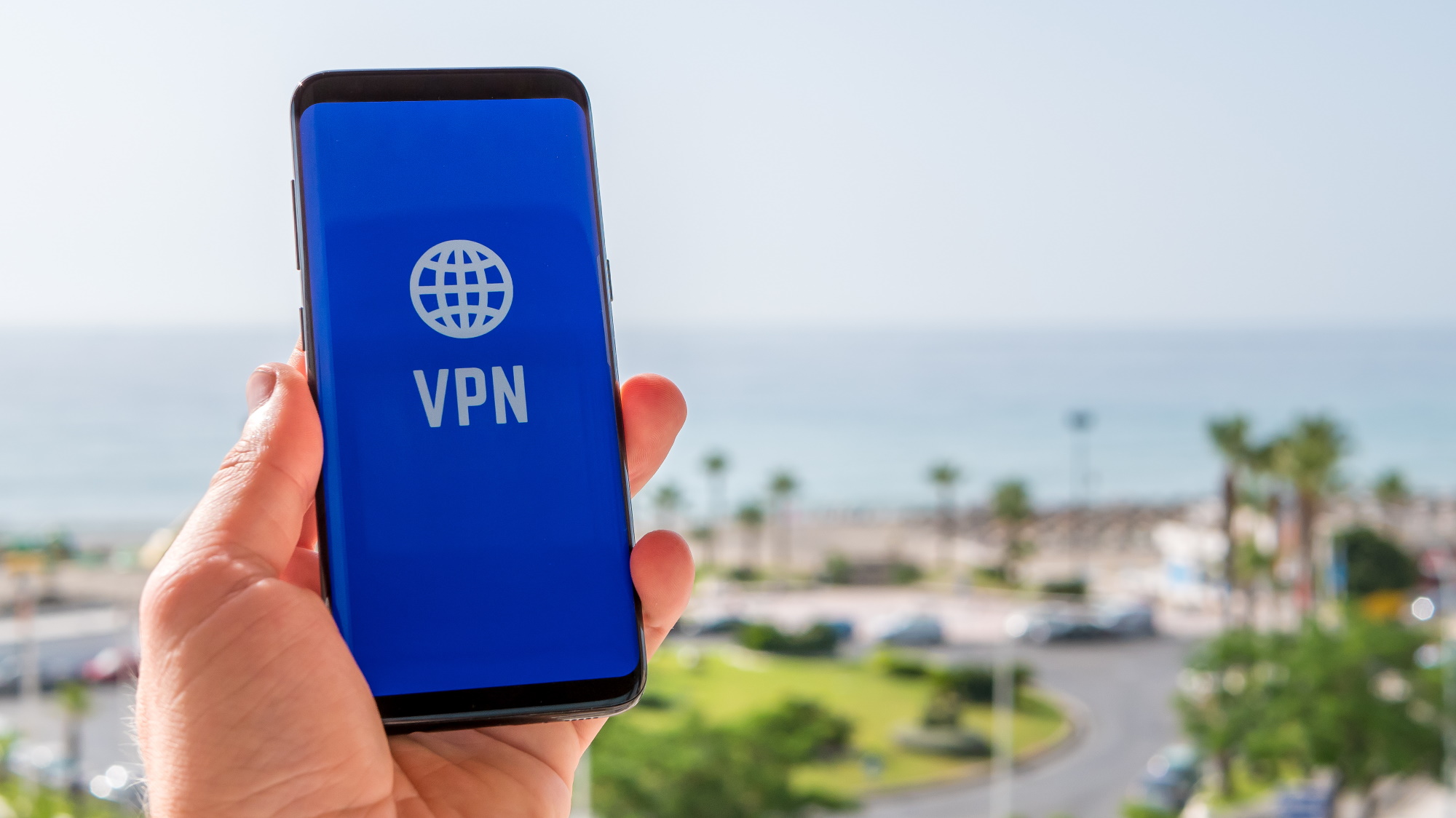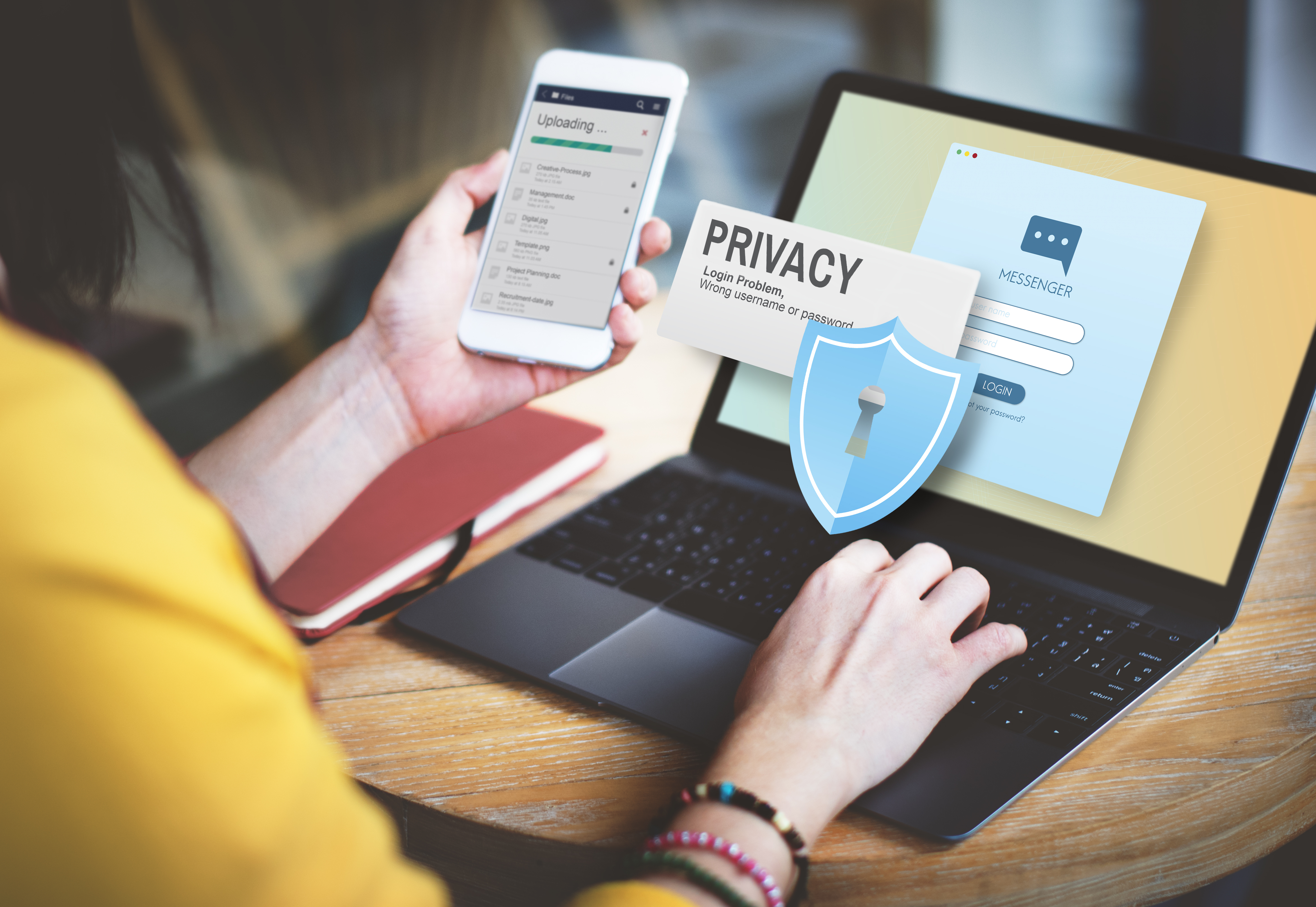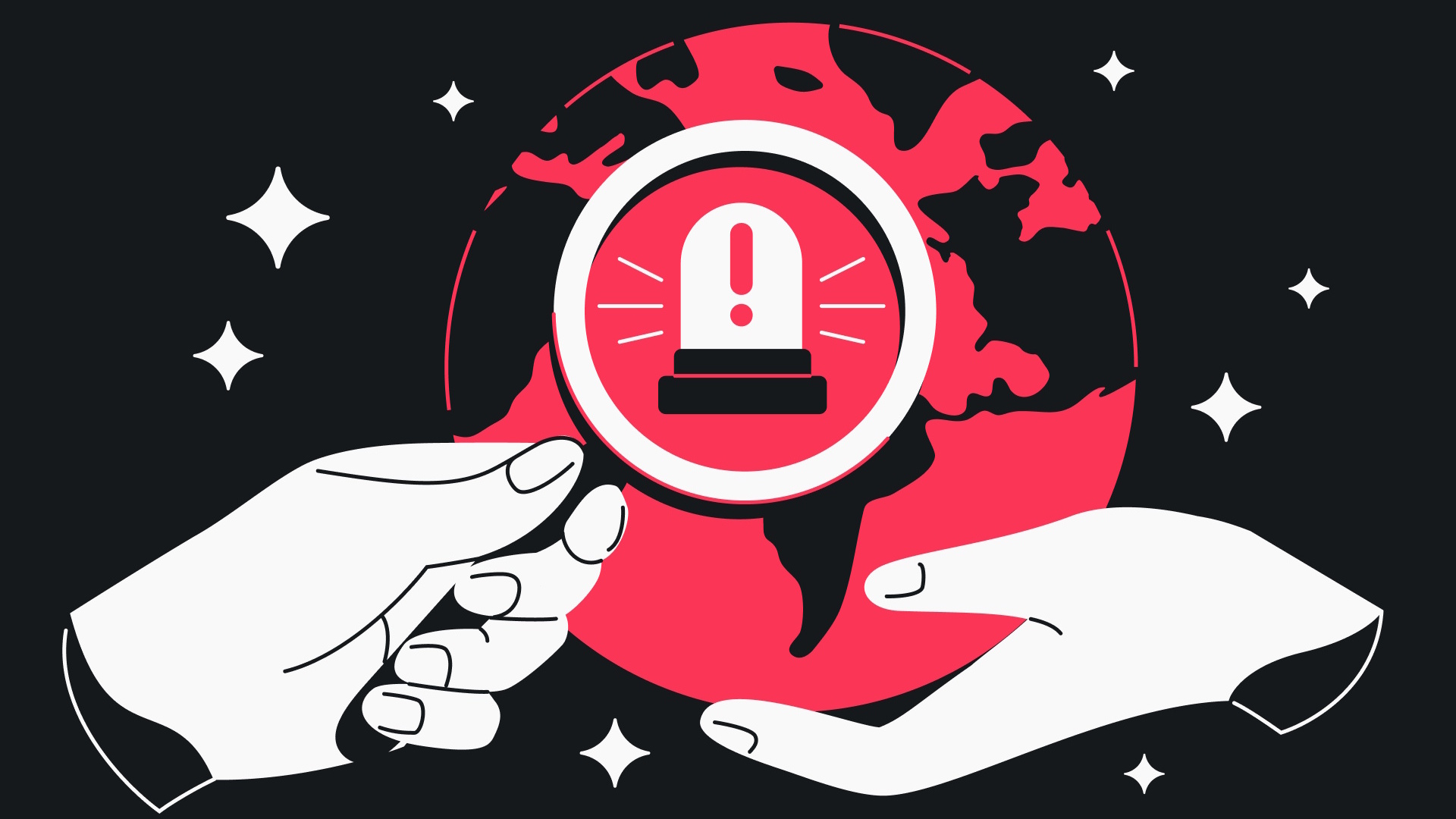VPN services: Are they really legal everywhere?
Most countries do allow VPN usage, but there are exceptions

You just arrived in Cuba on a flight that was smooth as silk. You’re an enterprising individual – you're meeting with potential clients to talk about an early-stage start-up. Your company streams protected media all over the world, and you rely heavily on one of the best VPN services to stay private. There are laws in every country, and you have to wonder: Is it legal?
The truth is twofold: firstly, you're probably just on holiday and wanting to stream TV from services you pay for at home but can't access abroad, and secondly, VPN services are legal everywhere because the security infrastructure actually protects your own private network. However, what you can transmit over a VPN varies wildly between countries and can even depend on the copyright laws for the content you use.
Let’s set the record straight on one thing, however. Remote computing is an activity that has existed for decades, and the concept of protecting your online data is not new.
Almost every country now provides Internet access in some form or another (and in those that don’t you can still access your network resources using satellite Internet).
You can trust there will be a reliable connection in the middle of Europe or on a business trip to Cuba, including airport access and coffee-shops that offer free Wi-Fi. But does the same apply if you want to use a China VPN? It might be a good starting point to explain what a VPN even is and work from there to discuss how legal issues vary by location.
- If you don't want to pay for a VPN, here are the best free VPN services
- Looking specifically to stream? See the best Netflix VPN services
- Need a provider for Apple? Check out the best Mac VPN
What is a VPN?
It’s interesting to note that a VPN is, at its core, a security precaution that protects your network resources from unauthorized access. It’s a gatekeeping measure that starts at the source of the data, not at the endpoint, which is why they have become such a match for antivirus software. A VPN secures the data in your data center or on your servers, and also uses encryption during transmission and when a user tries to log in.
It’s tempting to think of a VPN as protecting the client, and that is an important element, but it’s even more valid to think of a VPN as protecting the resources – your financial data, your business documents, your user databases, and everything in between. The concept is all about resource protection. A VPN protects your data on the servers by creating a secure connection for remote access and remote offices.
When a user opens up a laptop in Cuba, the part that keeps IT professionals up at night is whether the data at the home office is secure. This is what leads to a massive data breach, when hackers break into your servers and sell user information on the Dark Web. It’s secondary that the VPN also protects the client during access and transmission.
Those are important factors in understanding the legality of running a VPN. The client is there on a remote device to protect the resources you own, and no legalities in a foreign country can change that. If you are a company that streams media over the internet, and the files all originate in London or New York or San Francisco, you don’t have to worry about legal issues.
- More: Discover everything you can do with VPNs in our guide to VPN uses

When a VPN is illegal
That background is important to know because there are cases when you can violate local laws and create a thorny legal issue. It won’t be because you run a VPN to protect your own resources, but it could be because you are transmitting illegal information.
One example of this is for those who transmit media from one country to another. This is a theoretical example, but let’s say you run a media streaming company in India.
You may own the rights to movies you stream for customers and be able to legally share those videos within your own country. However, in the United States, just because you use a VPN doesn’t mean you avoid the danger of violating local copyright laws.
The opposite is true as well. Let’s say a company has the legal rights to make copyrighted books and magazines available in the US and operates an app for both Apple iOS and Android customers.
You can trust that you have gone through all of the proper channels to secure the data and make it available legally to paying customers with authorized access. You might use a VPN to do this, and no legal entity in the US would look twice.
However, in a foreign country, users might not be allowed to access those same materials. The theme here is that the VPN is not the problem; it’s the content you are sharing.
Of course, using a VPN for anything else that’s illegal is still illegal. Protecting the transmission of illicit material, selling illegal contraband, transmitting data related to online gambling that is illegal in some countries – all of these activities are not lawful. Hacking into a network in a foreign country is just as unlawful whether you use a VPN to do it or not.
Other legal issues
Copyright variances and illegal activity within foreign countries aside, it is safe to run a VPN to protect your resources and that will likely always be true, at least in the UK and the US.
Both countries have a keen eye toward helping companies protect their assets. It would be extremely surprising if securing and protecting company assets became illegal.
However, this is not the case in some countries. While you can still operate a VPN on your own remote servers in China (there is no way Chinese authorities could prevent that), it is illegal to operate a VPN on servers within China, unless it is specifically authorized.
One example of how this works: A company like ExpressVPN can still operate their VPN on remote servers outside of China, and users are still able to access those remote servers from within China. This is a perfect example of how the legalities work for a VPN. No foreign country can ban you from operating a VPN in your own country when you are visiting.
Of course, any country can block the Internet and ban public internet sites while you visit. That’s not a VPN-related issue; that’s mostly a censorship problem in some countries.
- Save some cash with a cheap VPN
- Get protection on holiday with a UAE VPN
- Stay safe in-browser with a Chrome VPN
Get instant access to breaking news, the hottest reviews, great deals and helpful tips.
John Brandon is a technologist, business writer, and book author. He first started writing in 2001 when he was downsized from a corporate job. In the early days of his writing career, he wrote features about biometrics and wrote Wi-Fi router and laptop reviews for LAPTOP magazine. Since 2001, he has published over 15,000 articles and has written business columns for both Inc. magazine and Forbes. He has personally tested over 10,000 gadgets in his career.

